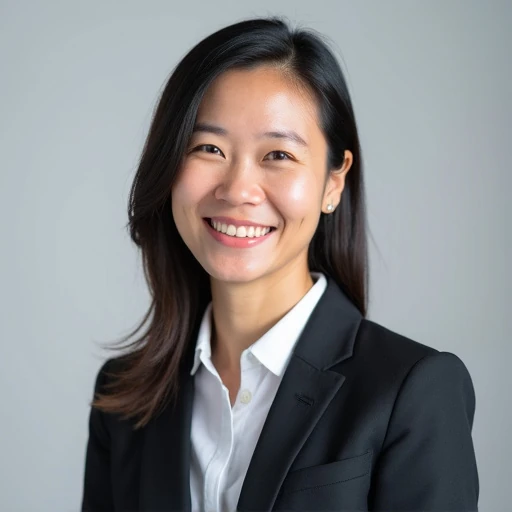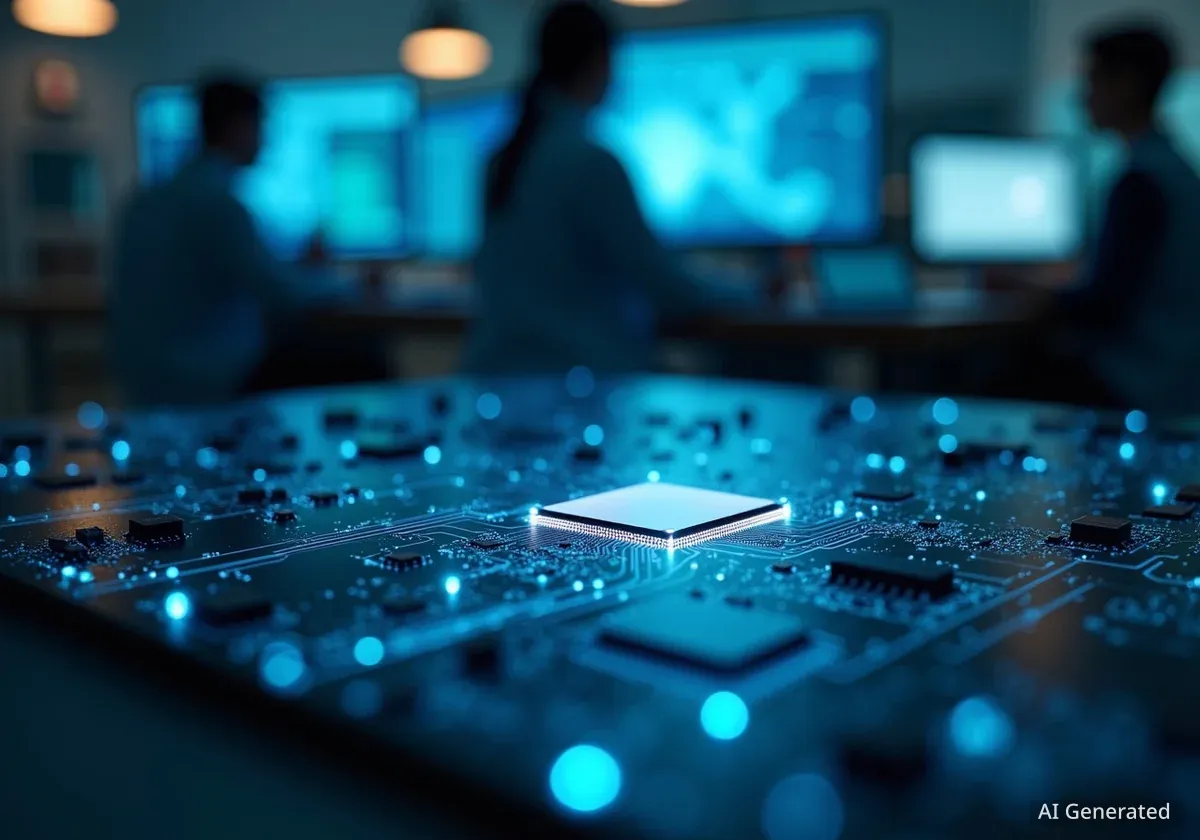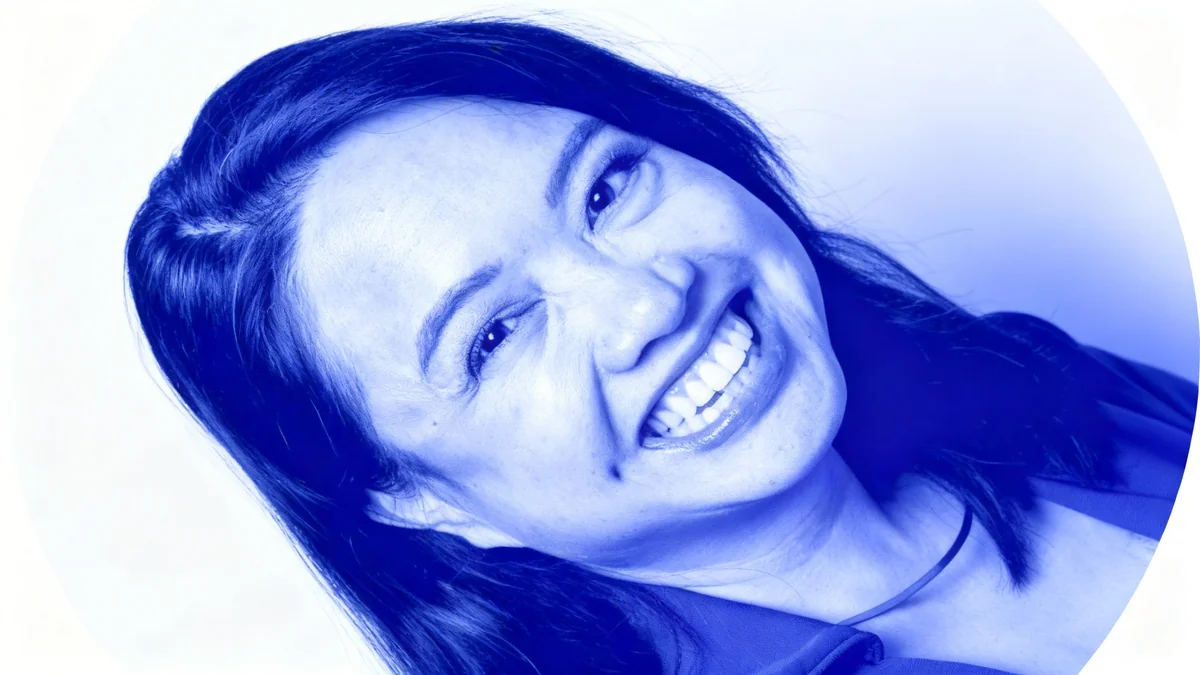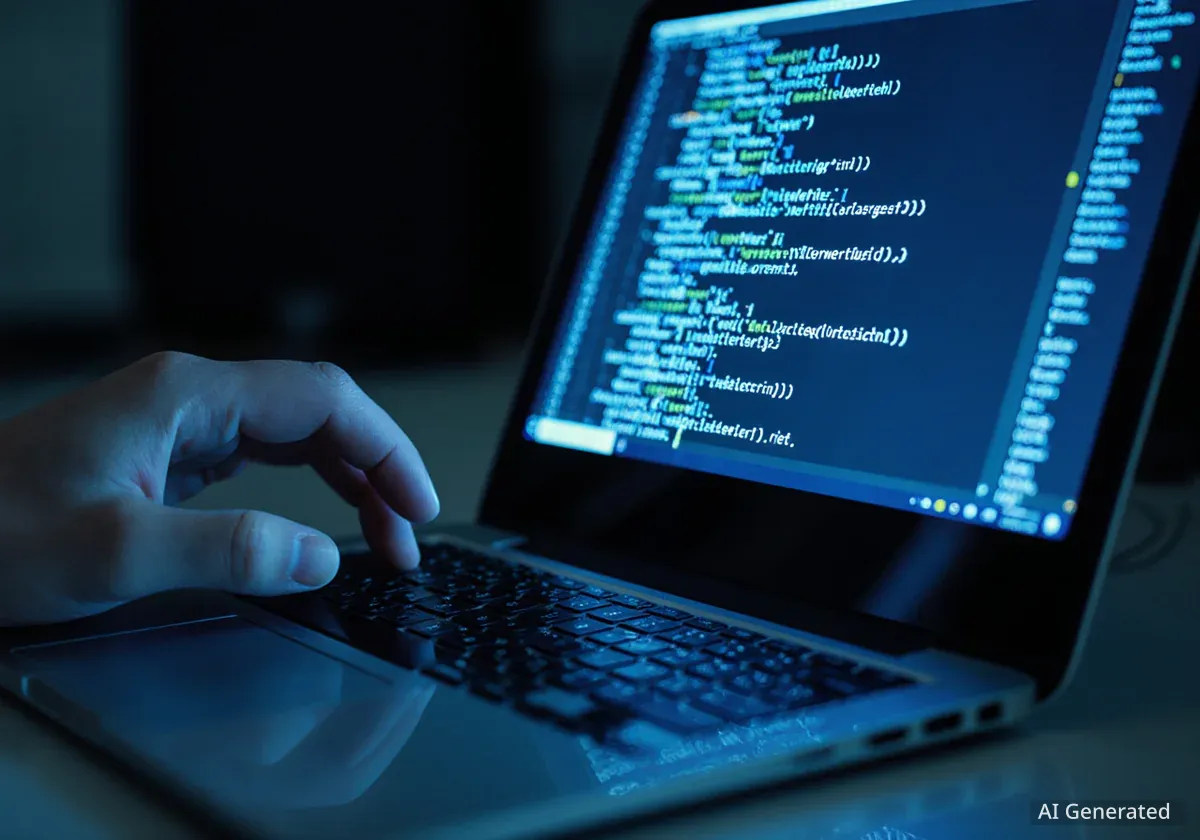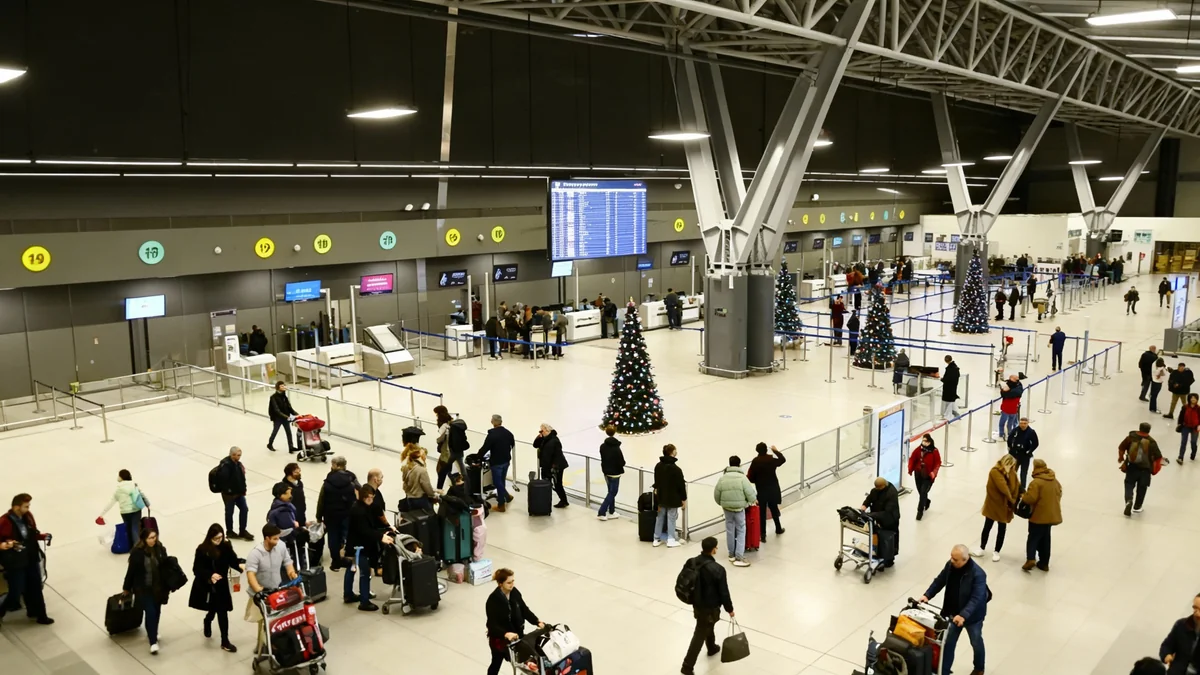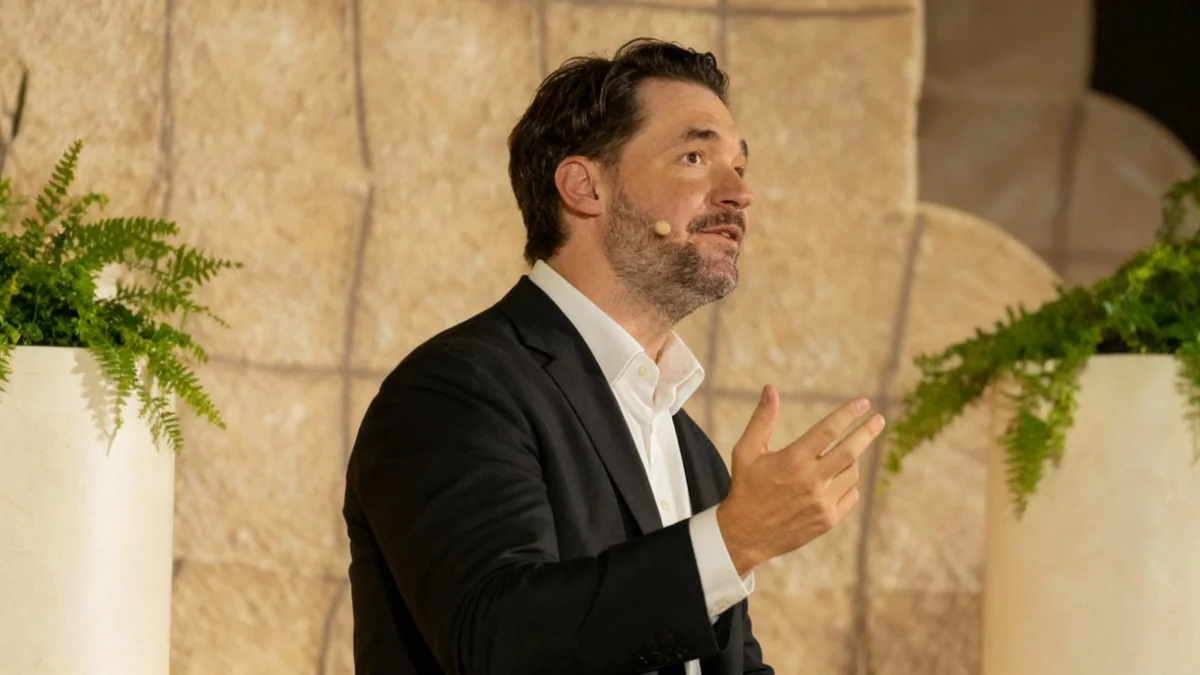Seven early-career faculty members from Arizona State University’s Ira A. Fulton Schools of Engineering have received the prestigious National Science Foundation (NSF) CAREER Award in 2025. The awards recognize their significant potential to advance research and education in critical fields ranging from artificial intelligence and cybersecurity to sustainable data management and accessible healthcare.
These projects aim to address some of today's most pressing challenges, including strengthening national security, improving urban infrastructure, and making technology more inclusive. The NSF's support underscores the importance of their work in shaping the future of engineering and its impact on society.
Key Takeaways
- Seven engineering faculty at Arizona State University have earned 2025 NSF CAREER Awards.
- Research areas include AI-driven cybersecurity, sustainable data centers, and AI-assisted physical therapy.
- Projects also focus on faster fluid dynamics simulations, satellite data analysis, and improving engineering education.
- The awards support innovative research and its integration with educational outreach to cultivate future talent.
Innovations in Computing and Artificial Intelligence
Several of the awarded projects focus on leveraging artificial intelligence to solve complex problems in the digital world. From preemptive cyber defense to managing the energy consumption of data centers, these researchers are pushing the boundaries of what AI can achieve.
Tiffany Bao: An AI to Outsmart Hackers
Cyberattacks are a growing threat, with the FBI reporting over 2,000 complaints daily and annual damages exceeding $16 billion. Addressing this challenge is complicated by a shortage of skilled professionals, with nearly 750,000 cybersecurity jobs currently unfilled in the United States.
Assistant professor Tiffany Bao is developing an AI tool called SE-bot to proactively find software vulnerabilities before they can be exploited. Her project uses a technique known as symbolic execution, teaching the AI to mimic the strategic thinking of elite security experts. By making these tools open-source, Bao aims to empower software developers without specialized security training to better protect their code.
The Education Component
Beyond her research, Bao is involved in educational initiatives like the gamified training program pwn.college and cybersecurity summer camps. These programs are designed to inspire and train the next generation of ethical hackers and cybersecurity professionals, helping to fill the critical talent gap.
Zhichao Cao: Building Sustainable Data Centers
The rapid growth of artificial intelligence has led to a massive increase in data, requiring large, energy-intensive data centers for storage. Assistant professor Zhichao Cao is addressing the sustainability of these facilities by redesigning how data is stored and retrieved.
His research focuses on optimizing persistent key-value stores for modern data center architectures. This allows for more precise control over computing and storage resources, which can significantly reduce energy and water consumption without compromising performance. Cao collaborates with industry leaders like Meta and Samsung to ensure his solutions are practical for real-world applications.
Human-Centered Engineering Solutions
Technology's ultimate goal is to improve human lives. Two researchers are focusing on applying engineering principles to create more effective and accessible systems for physical rehabilitation and education, ensuring that innovation serves diverse communities.
Heejin Jeong: AI for Accessible Rehabilitation
Access to in-person physical therapy can be a challenge for many, particularly older adults and those in rural areas. Assistant professor Heejin Jeong is developing an AI-powered system to support self-directed rehabilitation for hand and finger mobility.
The system uses sensors to monitor a patient's exercises, providing real-time feedback and encouragement. It is designed to detect frustration and ensure movements are performed correctly, acting as a supplement to human therapists rather than a replacement. Jeong’s work aims to create affordable and effective rehab tools for those who need them most.
Dina Verdín: A New Look at Student Motivation
Engineering is a difficult field, and understanding what motivates students to succeed is crucial for building a strong workforce. Assistant professor Dina Verdín is challenging traditional theories of student motivation, which often don't reflect the experiences of students from underrepresented backgrounds.
Her CAREER Award project involves creating a new framework and survey tools to better understand how engineering students set goals and persevere. By developing methods that are more attuned to the lived experiences and cultural contexts of students, Verdín’s work aims to help educators create more inclusive and supportive learning environments. This research is vital for ensuring that more students from diverse backgrounds can graduate and contribute to the nation's innovation economy.
Rethinking Old Models
Many widely used motivational theories in education are borrowed from psychology. Verdín's research interrogates these models, arguing they may not be a perfect fit for the unique demands of engineering programs or the diverse student populations within them.
Advancing Core Scientific and Urban Systems
From accelerating fundamental scientific simulations to making our cities smarter, the remaining awardees are tackling foundational challenges that could unlock progress across multiple industries.
Mohamed Houssem Kasbaoui: Accelerating Scientific Discovery
Complex fluid dynamics simulations are essential for everything from designing aircraft to developing medical devices. However, these simulations can take months to run on even the most powerful supercomputers. Assistant professor Mohamed Houssem Kasbaoui is developing new methods to reduce this time from months to mere hours without sacrificing accuracy.
Faster simulations could dramatically accelerate research and development in numerous fields. Kasbaoui is also creating educational tools, including a virtual reality platform, to make the principles of fluid dynamics more accessible and interactive for students and the public.
Hannah Kerner: Making Satellite Data Actionable
Satellites provide a wealth of data about our planet, but turning that information into useful insights remains a significant hurdle. Assistant professor Hannah Kerner is developing AI tools that can interpret satellite data more effectively, even in regions where data is scarce.
Her research includes “zero-shot mapping” algorithms that allow users to query satellite imagery using plain language. This technology is already being used in projects that monitor global cropland to improve food security. Through her “AI for ʻĀina” program in Hawaii, Kerner is also bringing culturally relevant AI education to local students, empowering communities with cutting-edge tools.
Hua Wei: Engineering Smarter Cities
Urban systems like traffic control and power grids depend on complex, real-time decision-making. Assistant professor Hua Wei is using reinforcement learning to create AI systems that can optimize these operations. His work aims to bridge the gap between simulation and reality, ensuring that AI models are effective in the unpredictable real world.
In a collaboration with the city of Chandler, Arizona, Wei’s traffic control models have already demonstrated the potential to reduce commute times. A key focus of his work is on explainable AI, which ensures that human decision-makers can trust and understand the AI's recommendations in high-stakes environments like city planning and public health.
